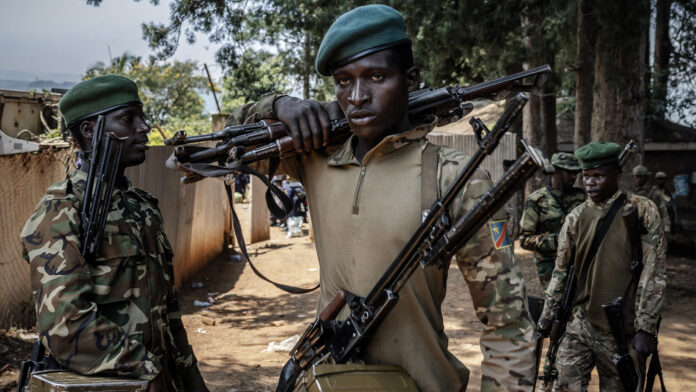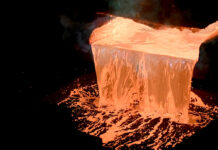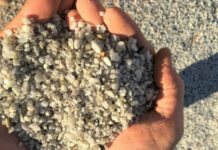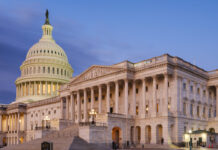
A PEACE deal being negotiated by the US between Congo and Rwanda could allow for the legitimate export of Congolese minerals to Rwanda for processing, said Reuters citing three sources familiar with the talks.
The arrangement would address longstanding accusations from Kinshasa that Rwanda has illegally exploited Congo’s tungsten, tantalum and tin resources. Congo views mineral plundering as a key driver of the conflict with Rwanda-backed M23 rebels that has intensified since January, said the newswire.
Massad Boulos, President Trump’s senior adviser for Africa, confirmed that Washington has provided a first draft of a peace agreement to both sides, with the aim of signing this summer. The proposed deal would reportedly bring billions in Western investment to the region.
“If Rwanda can legitimately benefit from Congo’s minerals through processing, it will be less tempted to occupy its neighbour and plunder its minerals,” a diplomat said. “For Congo, industrialisation would increase revenues, improve traceability, and combat armed groups currently living off miners.”
A Congolese official, speaking anonymously, emphasised that mineral cooperation would require the withdrawal of Rwandan troops and M23 rebels, plus respect for Congo’s sovereignty “over everything, including our minerals.”
For Rwanda, the deal could transform what has largely been an illicit sector of its economy, said Reuters. Meanwhile, the US would secure deeper access to Congolese mineral assets currently dominated by China.
A US State Department spokesperson said both countries had committed to creating “transparent, formalised, and licit end-to-end mineral value chains” linking the nations, with US government and investor support.
Boulos added that US officials had engaged with “probably up to 30” American investors about mining operations in Rwanda, including downstream processing activities.











